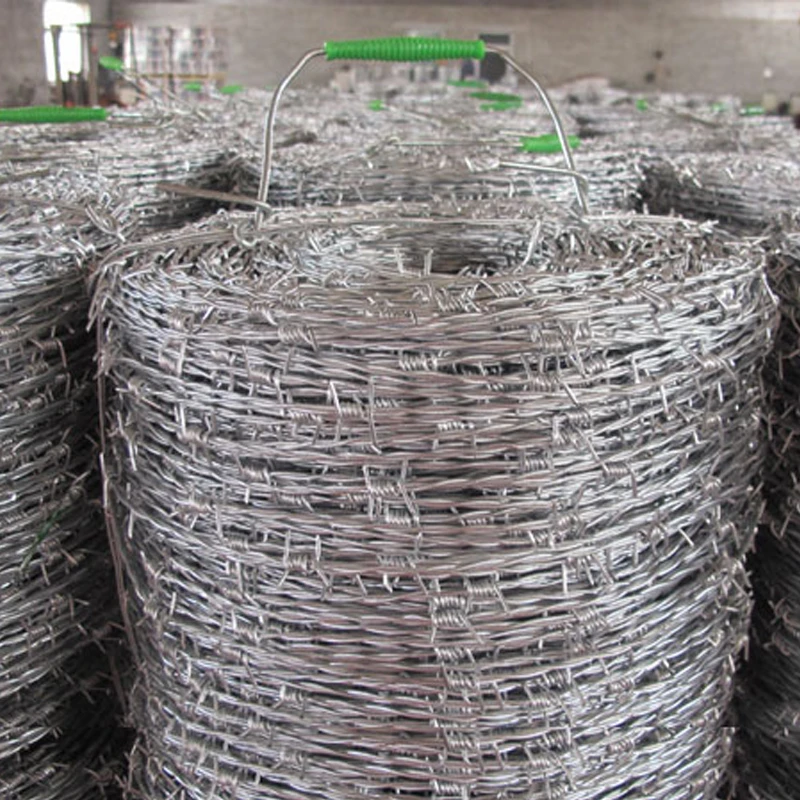Mesh Welded Panels A Comprehensive Overview
Mesh welded panels are a versatile and efficient solution used in various applications, from industrial and agricultural to architectural and security purposes. Their design focuses on meeting specific requirements for strength, durability, and functionality. This article delves into the characteristics, manufacturing process, advantages, and diverse applications of mesh welded panels.
What are Mesh Welded Panels?
Mesh welded panels consist of interconnected wires that have been welded at each junction, forming a robust and stable structure. These panels typically come in various sizes and designs, depending on the application and the client's needs. The most common materials used for manufacturing these panels are steel and stainless steel, which provide excellent strength and resistance to corrosion, making them suitable for both indoor and outdoor use.
Manufacturing Process
The manufacturing of mesh welded panels involves several steps. Initially, steel wires are drawn to specific diameters and then pre-cut to desired lengths. These wires are arranged in a grid pattern, and the intersections are welded together using an electric resistance welding process. This method ensures uniform strength and durability across the panel. After welding, the panels often undergo surface treatment processes, such as galvanization, to enhance corrosion resistance and longevity. Finally, the panels can be custom-painted or coated to meet aesthetic or functional requirements.
Advantages of Mesh Welded Panels
1. Strength and Durability The welding process ensures that the junctions of the wire mesh are exceptionally strong, allowing the panels to withstand heavy loads and stress. This makes them ideal for use in fencing, barriers, and support structures.
2. Versatility Mesh welded panels can be customized in terms of size, shape, and wire gauge, making them suitable for a wide range of applications—from construction projects to agricultural fencing.
3. Cost-Effectiveness Compared to other fencing and barrier options, mesh welded panels provide a more economical solution due to their long service life and low maintenance requirements.
4. Ease of Installation Mesh welded panels are relatively lightweight and easy to transport, allowing for quick and simple installation. They can be configured to meet various site-specific conditions without extensive groundwork or preparation.
mesh welded panels

Applications of Mesh Welded Panels
The applicability of mesh welded panels spans numerous fields
- Agriculture Farmers commonly use mesh welded panels for fencing livestock enclosures, crop protection, and creating storage solutions for equipment.
- Industrial Use In warehousing and production facilities, mesh panels serve as safety barriers, storage rack systems, and partitions, enhancing workplace safety and efficiency.
- Construction Mesh welded panels are used in concrete reinforcement, scaffolding, and as temporary safety barriers around construction sites. Their robust structure provides the necessary support and security.
- Security and Access Control Many businesses and residential areas utilize mesh welded panels in fencing systems to deter intrusions while maintaining visibility. Their strength acts as a deterrent to potential trespassers.
- Architectural Features In contemporary designs, mesh welded panels are increasingly integrated into buildings as decorative façade elements, providing ventilation and natural light while ensuring privacy and security.
Conclusion
Mesh welded panels represent an innovative solution across various industries, combining strength, versatility, and cost-effectiveness. Their ability to adapt to different environments and requirements makes them a popular choice for engineers, architects, and contractors alike. As industries continue to evolve and demand flexible, durable products, mesh welded panels will undoubtedly play a vital role in future construction and design projects.

















